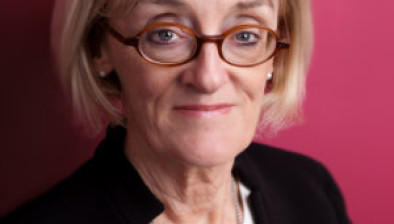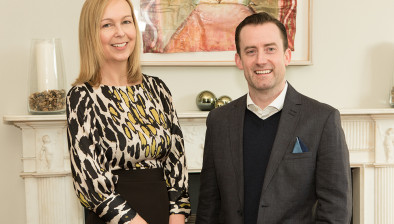English High Court judge allows withdrawal of Hague Convention application seeking return of children to Ukraine

A Deputy Judge of the High Court of England and Wales has granted permission for a Ukrainian father to withdraw an application under the Hague Convention of 1980 under which he sought the return of his two children to Kyiv.
Applicant NW had remained in Ukraine under the requirements of martial law while his wife, SW, and two children Z and X, managed to cross into Slovakia and then the UK. The respondent had issued divorce proceedings in September 2022, leading to NW’s application for summary return of the children, a teenage daughter and younger son, to Ukraine.
The application was heard by Deputy Judge Dexter Dias KC. Brian Jubb appeared for the applicant and Martha Gray for the respondent.
Grave risk
The parties married in 2006 and had been living in the Kyiv area prior to the start of the Russian invasion. Not wishing to abandon his parents, the applicant stayed in Kyiv while on 3 March 2022 the respondent and the children crossed the border into Slovakia, where they stayed for a month before coming to the UK as part of the “Homes for Ukraine” scheme. A family in the south of England provided them with accommodation and the children began attending a local school, where they were described as having settled well.
On 22 September 2022, the respondent issued divorce proceedings in Ukraine. The following month, the applicant applied under the Hague Convention for the summary return of the children to Ukraine. The application was opposed on the grounds of habitual residence, acquiescence, and objections from the children. It was noted that, while the children did not wish to return to Ukraine, they loved their father, and he was unquestionably an important part of their life.
Both parties cited the case of Q v R (2022), in which a Ukrainian mother successfully petitioned for the return of her child to a town in a region not impacted by the conflict. It was argued for the respondent that the case was distinguishable on the facts, and that the situation in Kyiv presented a grave risk that the children would be exposed to harm if returned there.
Noting that the respondent had since abandoned the issue of habitual residence, Deputy Judge Dias made no findings on the issue of acquiescence, or on the children’s refugee status or refoulement. Instead, he determined to assess as best he could the prevailing risk levels in Kyiv to determine whether it was in the interests of justice to allow the withdrawal of the application.
Beyond control
In his decision, Deputy Judge Dias observed: “There is a mass of information available about the risk levels in Ukraine generally and Kyiv in particular. It is important to focus upon those sources that are likely to be the most reliable and authoritative. Naturally, these are not findings of fact, nor conclusions of official inquiries. They contain hearsay, opinion and interpretation as well as factual reportage. The court must do the best it can.”
Noting that the court’s decision in Q was of persuasive value only, he added: “It would be wrong in principle to adopt an indiscriminate blanket policy, a fallacy warned against in Q v R. The mother’s core position is that while the war continues in Ukraine, it is not safe to return the children to that country. While there may be circumstances in which that is true, I do not have sufficient evidence to conclude that presently. A more nuanced and granular approach is necessary.”
Assessing the potential risk to the children, Deputy Judge Dias said: “There is a wealth of convincing and independent evidence from multiple sources all pointing in precisely the same direction. Taken together, the Advisories from two governments and several reputable news outlets, paint the unmistakable picture of grave risk in Kyiv presently. I must consider whether the evidence enables me to confidently discount the possibility of grave risk. It does not.”
On whether that risk could be mitigated, he continued: “The difficulty of protective measures in this specific case is that the source of the grave risk is entirely independent of the applicant and beyond his control. He can do nothing to influence the military strategy of Vladimir Putin or the Russian state. Plainly, Kyiv as capital is an ongoing target with obvious military, strategic and symbolic significance.”
The Deputy Judge concluded: “This is an acutely fact-specific risk assessment about the safety of two children amid a troubling, complex and ever-evolving international conflict involving two sovereign states on the other side of the continent. At the same time, this case shows how responsible parents can put aside personal conflicts in the context of gross international ones in the best interests of their children. The father deserves a great deal of credit for putting his children first, despite his desperation to see them again after so long.”
The applicant was therefore granted permission to withdraw his application.











